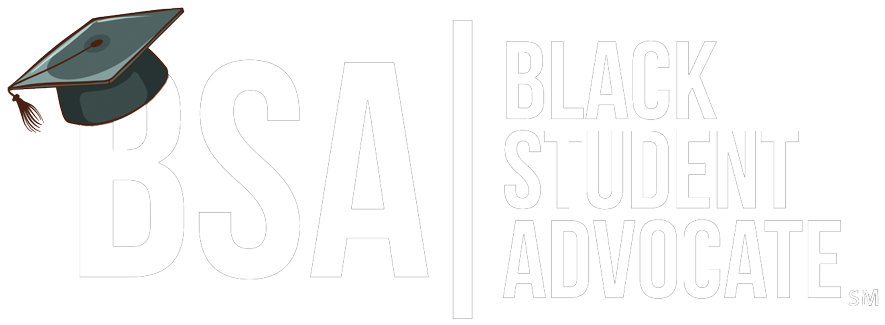The language used by white teachers can have a profound impact on the perceptions and experiences of Black students in the classroom. Here’s a closer look at how certain language patterns and communication styles may influence these perceptions:
1. Implicit Bias in Language
White teachers, like all individuals, may hold implicit biases—unconscious attitudes or stereotypes—that influence their perceptions and interactions with Black students. These biases can manifest in subtle ways through language, such as using more negative or disciplinary language towards Black students compared to their white peers. For example, phrases like “aggressive,” “disruptive,” or “troublemaker” may be disproportionately applied to Black students, reinforcing negative stereotypes and perceptions.
2. Differential Feedback and Expectations
White teachers may inadvertently provide different levels of feedback and expectations based on the race of their students. Research has shown that Black students are often subjected to lower academic expectations and less constructive feedback compared to their white counterparts. This can result in a self-fulfilling prophecy where Black students internalize these lower expectations and underperform academically as a result.
3. Microaggressions and Cultural Insensitivity
Microaggressions—subtle, often unintentional, comments or actions that convey derogatory or negative messages towards marginalized groups—can also occur in teacher-student interactions. White teachers may unknowingly engage in microaggressions by making culturally insensitive remarks or assumptions about Black students’ backgrounds, abilities, or behaviours. These microaggressions can undermine the sense of belonging and psychological well-being of Black students in the classroom.
4. Lack of Cultural Responsiveness
White teachers may struggle to effectively incorporate cultural responsiveness—understanding and valuing students’ cultural backgrounds and experiences—into their teaching practices. This can lead to a disconnect between the curriculum and the lived experiences of Black students, making it difficult for them to engage and connect with the material fully. Additionally, the absence of culturally relevant content and representation in the classroom may reinforce feelings of marginalization and alienation among Black students.
5. Power Dynamics and Communication Styles
The power dynamics inherent in teacher-student relationships can also influence communication patterns. White teachers may unintentionally assert their authority in ways that feel intimidating or dismissive to Black students, leading to feelings of disempowerment and mistrust. Additionally, differences in communication styles between white teachers and Black students, such as tone of voice, body language, and nonverbal cues, can contribute to misunderstandings and misinterpretations.
Conclusion
The language used by white teachers plays a significant role in shaping the educational experiences and outcomes of Black students. Recognizing and addressing implicit biases, practicing cultural humility, and adopting culturally responsive teaching practices are essential to creating an inclusive and supportive learning environment where all students feel valued, respected, and empowered to succeed. By fostering open dialogue, promoting empathy, and prioritizing equity and social justice, educators can help dismantle systemic barriers and promote Black students’ academic and personal growth.


Share This Page